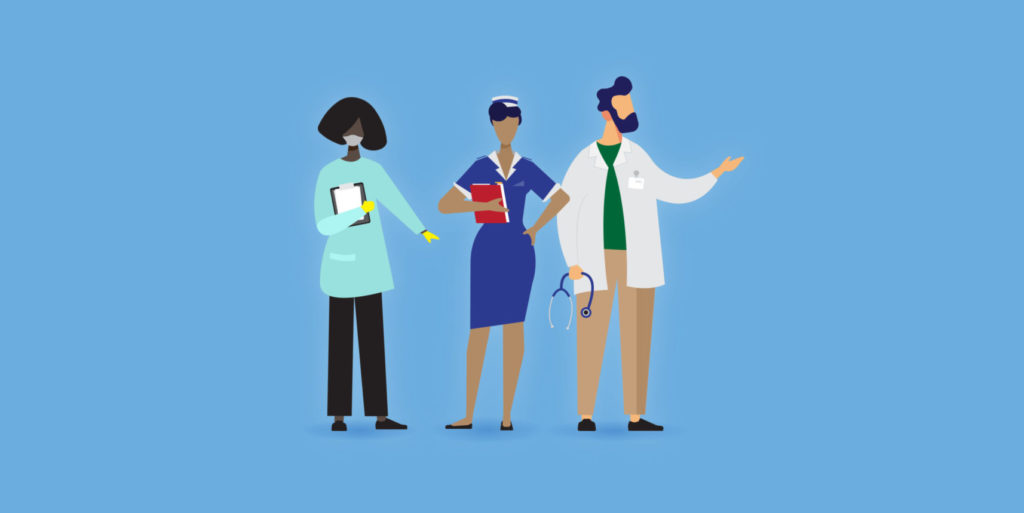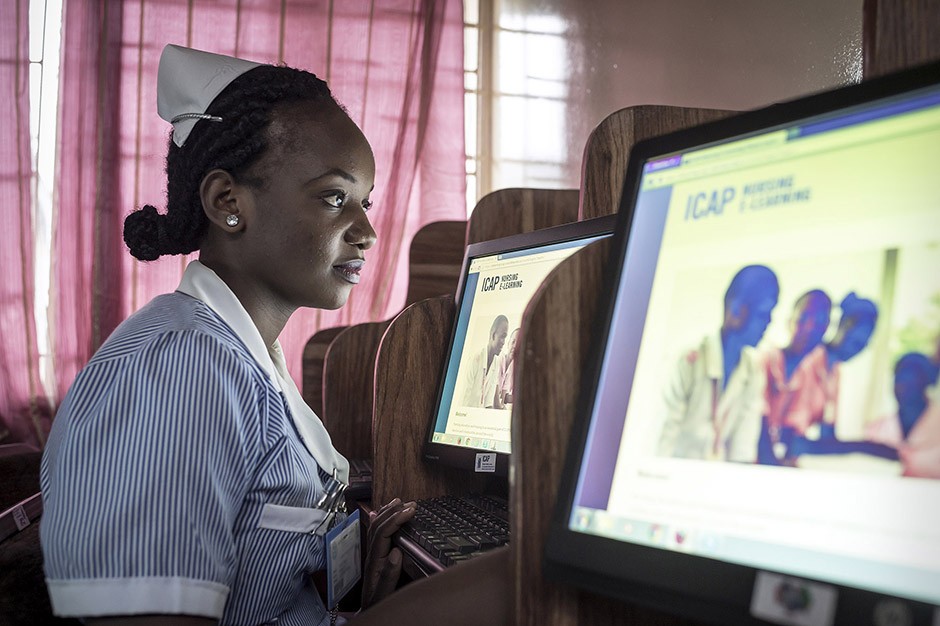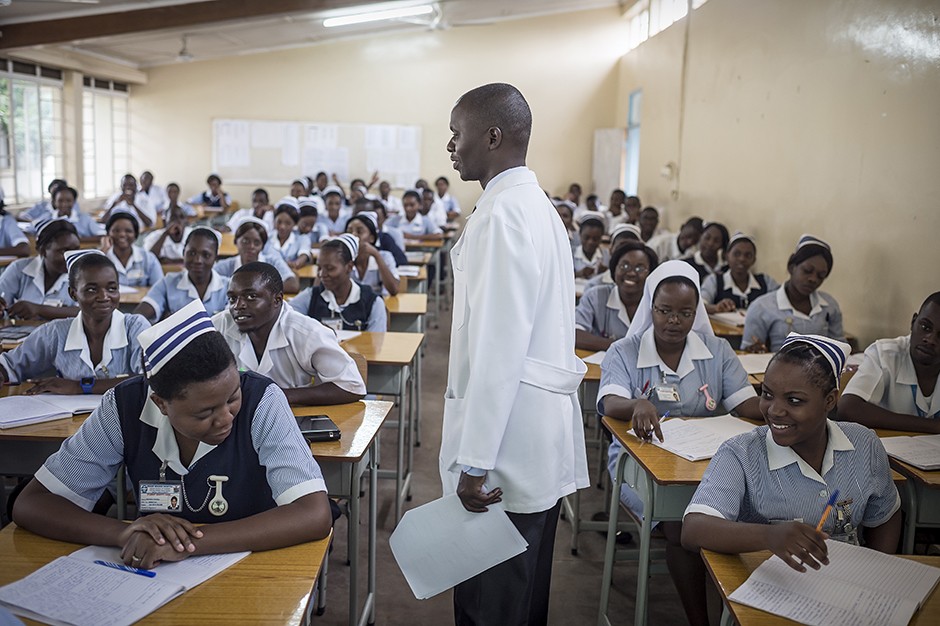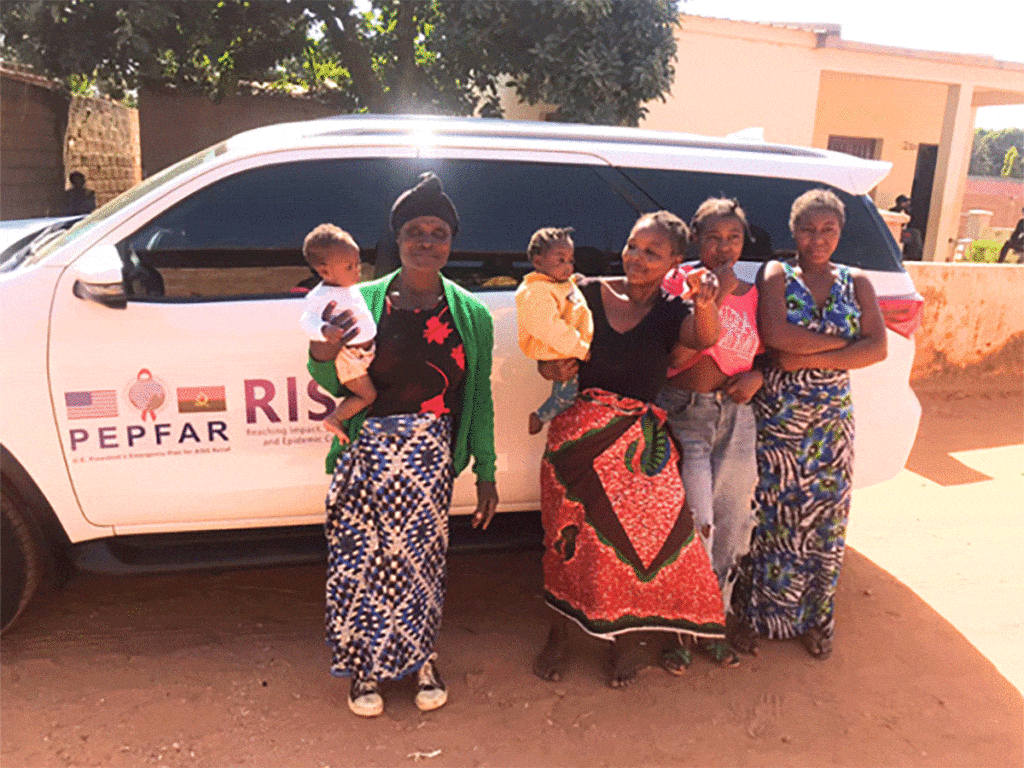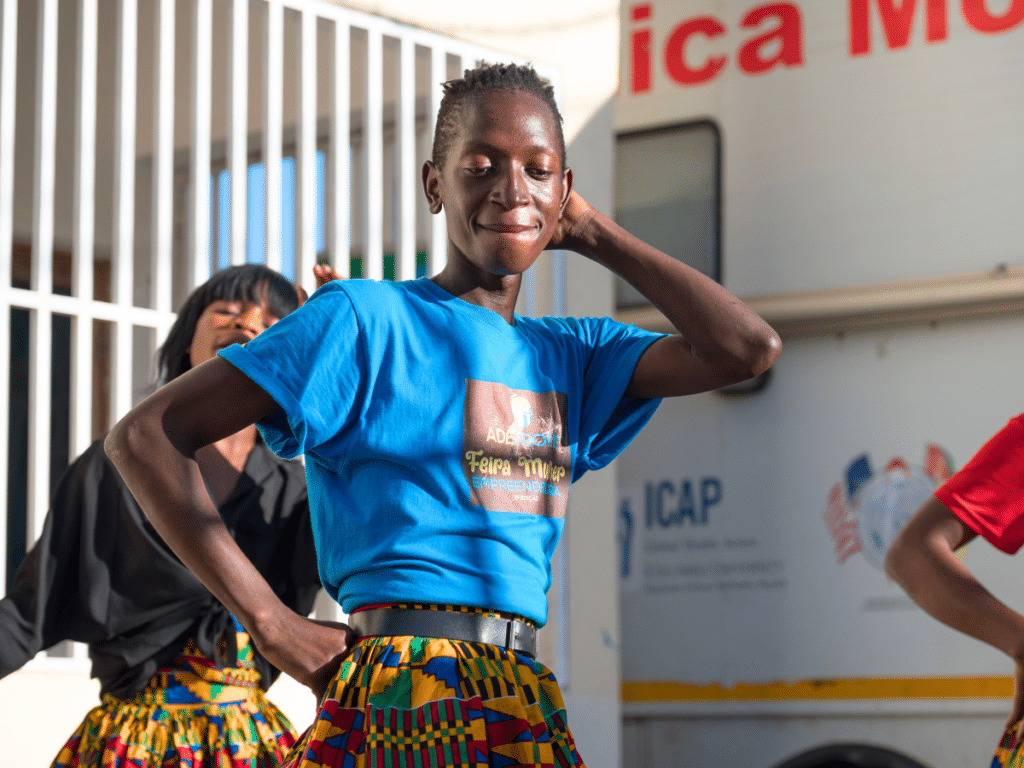Human Resources for Health
Human Resources for Health
Nurses and midwives are the main providers of health care in the countries where ICAP works: they provide upwards of 90 percent of health services and are the main point of access to the larger healthcare system for many people.
Nurses are the frontline defense against the leading causes of mortality in sub-Saharan Africa, which means they often shoulder responsibility for the survival of communities. Despite their crucial role in health care, many countries face a nursing shortage, contributing directly to poor health outcomes.
ICAP has supported the professional development of nurses and midwives in sub-Saharan Africa since 2006, including the Nurse Mentorship Training Program (NMTP) in Eastern Cape Province, South Africa. The program, eventually adopted in other countries, included a comprehensive curriculum to improve knowledge and skills nurses need to play a larger role in HIV care and created an effective, replicable model of nurse mentorship.
NMTP’s success was inspiration for establishing a strong foundation for ICAP’s regional Nurse Capacity Building Program.
#ThisNurseCan
Recently Completed Projects
The Global Nurse Capacity Building Program (GNCBP)
In 2009, ICAP began implementation of the Global Nurse Capacity Building Program (GNCBP), which aims to improve population health by fostering individuals, institutions, and networks to expand, enhance, and sustain the nursing and midwifery workforce by achieving three objectives:
- Improve the quantity, quality, and relevance of nurses and midwives to address essential population-based health care needs, including HIV and other life threatening conditions
- Identify, evaluate, and disseminate innovative human resource for health models and practices that are generalizable for national scale-up of nursing and midwifery education
- Build local and regional partnerships to provide technical and capacity building support for nursing and midwifery policy, regulatory and faculty development, curricula reform, continuing professional development and retention, and high impact nursing leadership. Read the full report


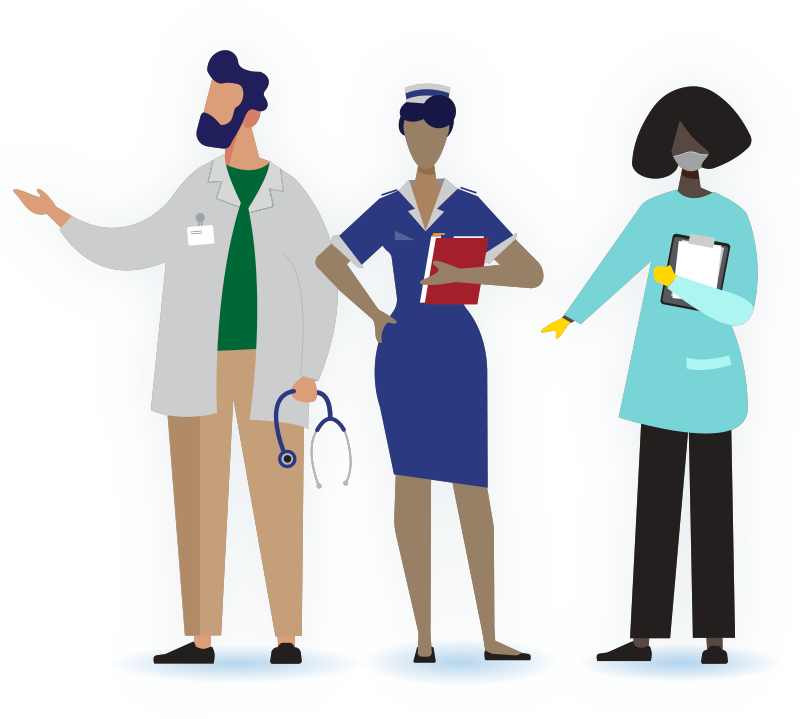
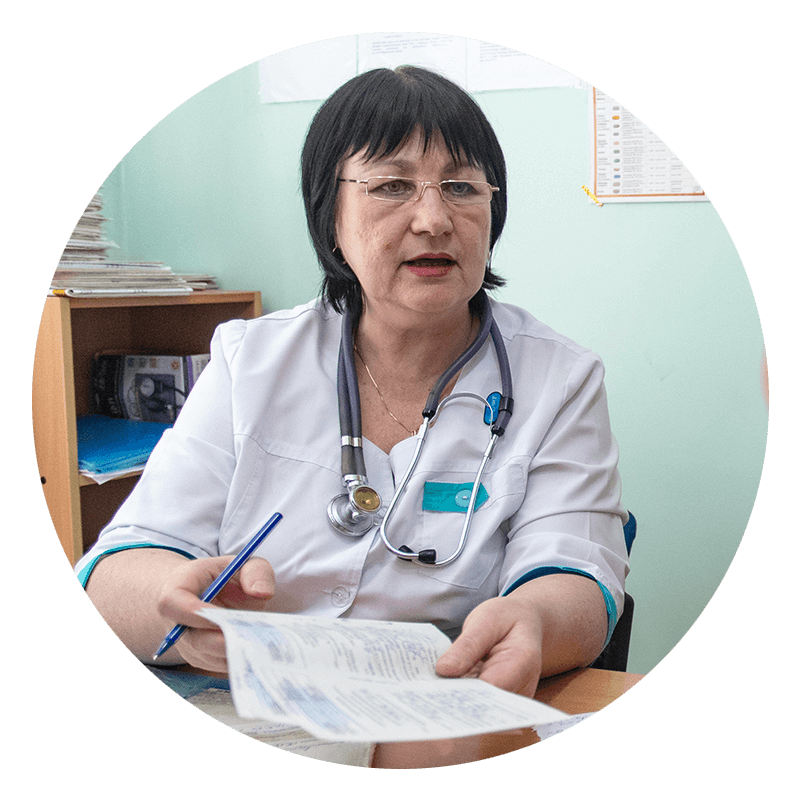


 laboratory technicians, pharmaceutical technicians, nursing/ midwifery associate, health information technicians, community health workers, medical assistants, ambulance workers, HIV counsellors, family planning counsellor
laboratory technicians, pharmaceutical technicians, nursing/ midwifery associate, health information technicians, community health workers, medical assistants, ambulance workers, HIV counsellors, family planning counsellor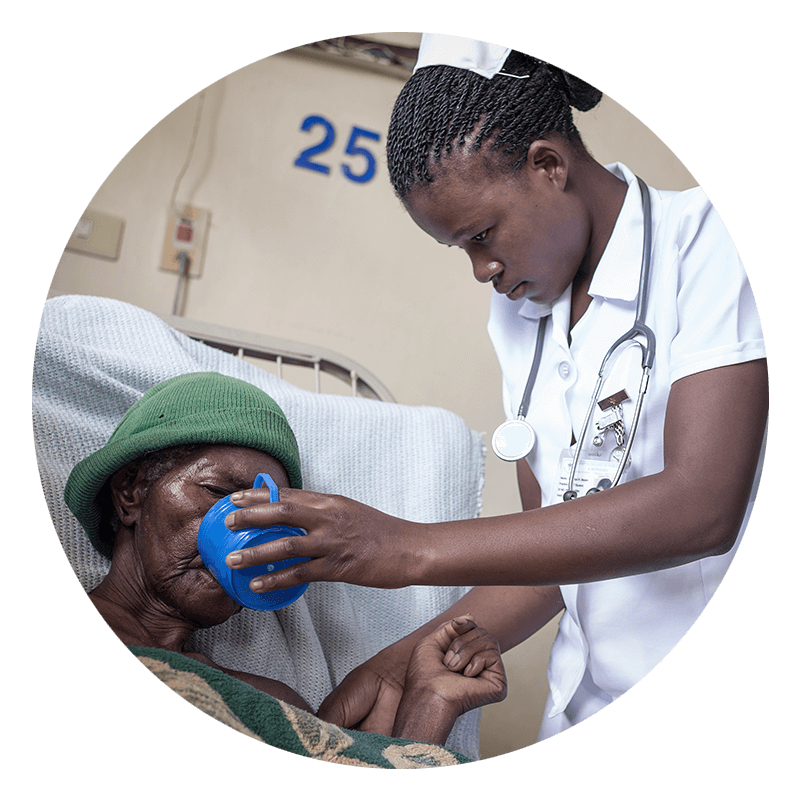
 health care assistants, home-based personal care workers, first-aid attendant, hospital orderly, medical imaging assistant, pharmacy aide, phlebotomist, nursing aide (home), home care aide, home birth assistant
health care assistants, home-based personal care workers, first-aid attendant, hospital orderly, medical imaging assistant, pharmacy aide, phlebotomist, nursing aide (home), home care aide, home birth assistant

